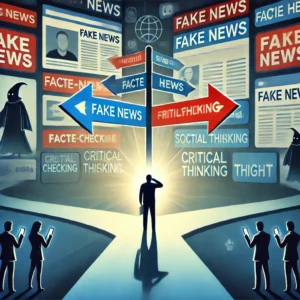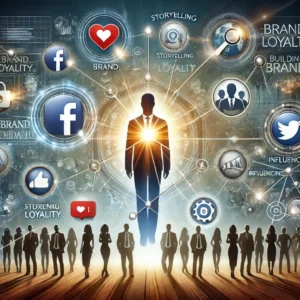Introduction: The Pervasive Power of Media
Media has become an integral part of modern life, subtly influencing the decisions we make every day. From the products we buy to the brands we trust, media plays a crucial role in shaping consumer behavior. Whether through traditional advertising or digital campaigns, its omnipresence ensures that no purchase decision is entirely free from its influence. Understanding this dynamic unveils the profound connection between media and consumer psychology.
The Psychology Behind Media’s Persuasion
Media uses psychology to create messages that resonate deeply in the audience. Techniques such as emotional appeal, scarcity, and social proof tap into innate human tendencies. For example, advertisements associate products with happiness, success, or belonging, creating an emotional connection. Visual storytelling, music, and relatable narratives further enhance the persuasive power of media, compelling consumers to act, often subconsciously.
Advertising Strategies That Shape Buying Decisions
Advertising is at the heart of any media effect in consumer choice. Marketters make product features, advantages, and special selling propositions of products popular and relevant using strategically targeted advertisements, celebrity endorsement campaigns, catch appeals, and hard-hitting sales copy designed to leave long impressions. Further retargeting a consumer multiple times with the advertisements of the things they’ve researched online on your website has much higher conversion value because that can keep the item of interest front-and-center.
The Role of Social Media in Consumer Behavior
Social media has transformed consumer behavior, making users both audiences and creators. The likes, shares, and comments on social media amplify brand messages, turning individual consumers into brand ambassadors. User-generated content, such as reviews and unboxing videos, helps build trust and authenticity. Moreover, algorithms make ads personalized, which makes them more relevant and harder to ignore.
Media and the Building of Brand Loyalty
Brand loyalty is often built through consistent and impactful media presence. Companies use storytelling to create an emotional bond with their audience, transforming their products into symbols of identity and values. Media campaigns that touch consumers on a personal level create loyal advocates who not only repeatedly purchase but also recommend brands to others. Loyalty programs, supported by media engagement, further cement these relationships.
The Impact of Influencers and Endorsements
Influencers have become a new powerful intermediary between brands and consumers. Their recommendations carry weight because they are perceived as authentic and relatable. Unlike traditional celebrities, influencers often engage directly with their followers, creating trust. A single endorsement from a prominent influencer can lead to a surge in sales, as their audience views them as credible and relatable voices in the crowded digital marketplace.
Ethical Dimensions of Media-Catalyzed Consumerism
While media indeed has a considerable influence on the consumer’s decisions, it gives rise to vital ethical questions. Manipulative use of exaggerated claims or hidden advertisement lowers the consumers’ trust levels. Excessive exposure to ads makes people materialistic and increase unnecessary consumption, contributing to environmental and social problems. Brands and media outlets must balance effective marketing with ethical accountability by being truthful and transparent in their communications.
This is an art and science, combining creativity and strategic insight, whereby it influences consumer choices. As it evolves further, knowing its mechanisms empowers consumers to make informed decisions while challenging marketers to act responsibly. This interplay shapes, not just markets, but also the culture and values of a society.



